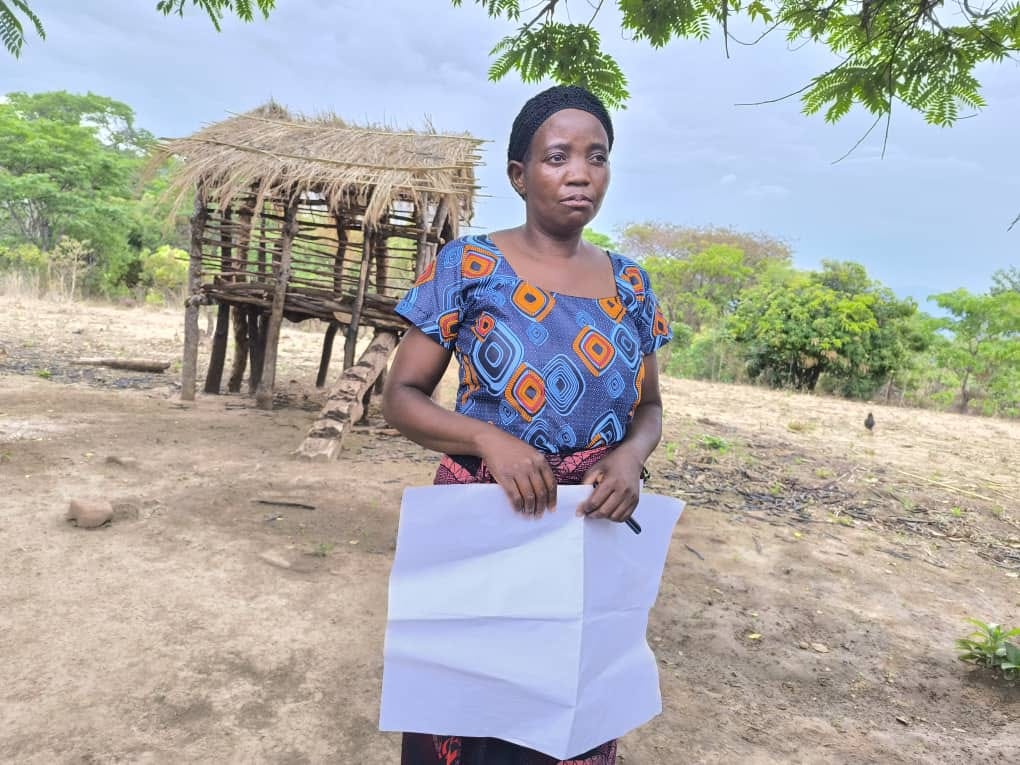Malawi Farmers Boost Resilience Through Climate-Smart Agriculture Project
The project targets 3,500 women, 1,500 men, and 1,000 youths, focusing on reducing poverty through agroecological practices.
RUMPHI, MALAWI— A targeted agricultural development initiative is transforming lives in northern Malawi's rural communities by introducing sustainable farming practices and economic opportunities, writes Tionge Hara.
The Small Producers Development and Transporters Association (SPRODETA), funded by DANIDA and Norwegian Church Aid, is implementing a project designed to empower 6,000 vulnerable individuals across Karonga, Mzimba, and Rumphi districts through climate-resilient agricultural methods.
Regina Makwakwa, 46, exemplifies the project's impact.
Her farm now includes tree plantings to combat soil erosion, a fruit orchard, goat husbandry, and a garden field using sustainable fertilisation techniques.
"I have learnt a lot of things through SPRODETA," Makwakwa said.
"I was given fertiliser that's providing enough food to pay school fees for my children. My life has changed."
The project targets 3,500 women, 1,500 men, and 1,000 youths, focusing on reducing poverty through agroecological practices.
Participants have transitioned from chemical-dependent farming to more environmentally sustainable methods.
Donias Msiska, a PRODETA field officer, highlighted the initiative's comprehensive approach.
"We are here to reduce poverty by helping farmers source income, produce food, and conserve the environment," Msiska explained.
Complementing agricultural training, the project includes village savings and loan associations, which have already distributed K9 million to participants this year.
As the project continues through December 31, 2024, it demonstrates the potential of targeted, community-centred development strategies in enhancing rural resilience.



